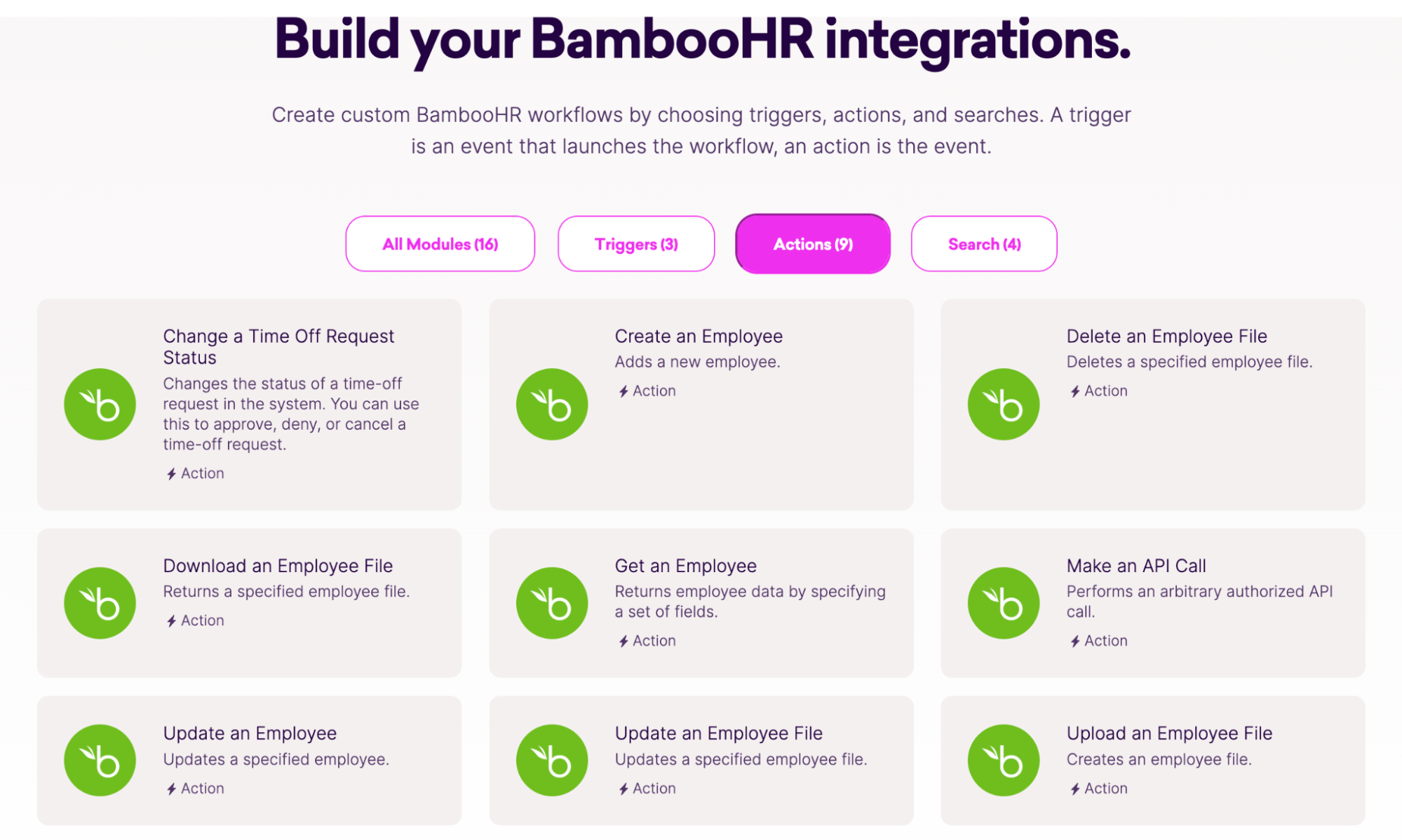Make integration overview
What is Make and how does it work: Make.com, formerly known as Integromat, is a visual automation platform that lets users connect apps and automate workflows without coding. Using a visual editor, users can create "scenarios" to handle tasks like sending automated emails or syncing data across multiple systems. It supports a wide variety of applications, making it ideal for businesses to streamline operations and reduce manual efforts in areas such as marketing, sales, and HR.
In our case, a scenario can be triggered in the chosen app every time we receive a new report, internal comment, or message in FaceUp.
What is the main benefit of integrating FaceUp with Make: By integrating FaceUp with Make, you can automate your work processes and connect your account with hundreds of apps. It will allow you to automate day-to-day repetitive procedures, such as creating a new task every time a new FaceUp report is received in your task management system.
Make offers a free plan for every organization, so there are no extra fees associated with the integration.
How can I set up the Make integration?
The setup process is very quick and easy, you can set it up based on this manual:
https://support.faceup.com/cs/make-integration
What are some of the most popular apps I can connect my FaceUp account with?
slack: Every time a new report, internal comment, or message is received in FaceUp, receive a message notification in Slack.
Atlassian jira: Create a new issue in Jira whenever a new report is received in FaceUp.
clickup: Automatically create a new Clickup task with pre-defined assignee, priority and due date every time you receive a new report.
MS Teams: Send MS Teams channel message for new reports received in FaceUp.
Monday.com: Add items in Monday.com for new reports or messages in FaceUp.
Google Sheets: Add Google sheets rows in specific spreadsheets to keep track of every report you receive in FaceUp.
Google Calendar or MS 365 Calendar: Schedule new calendar meetings with the appropriate personnel to discuss the latest reports received.
Hubspot: Create or update Hubspot tickets based on reports received in FaceUp.
Asana: Keep track of every reported issue and suggestion by neatly organizing tasks in Asana to handle incoming reports.
Zendesk: Create a new Zendesk ticket for FaceUp reports and streamline the management and response to reports made through the whistleblowing system.
ZOHO People: Add new FaceUp reports as HR files or Company files in Zoho People.
Deel: Create new records in Deel based on new reports collected in FaceUp.
Personio: Create new Personio projects for reports collected in FaceUp.
Are these all the Make connections and use cases I can use?
No, Make allows you to do a lot more. As mentioned previously, there are over 1700 apps available in the Make app directory. Only a few of the most common uses and app connections are listed above.
To find out if a connection with your favorite app is possible, visit the app marketplace and search for it. We will look for BambooHR in this example.
After you find your app, navigate to the “All modules” section. As mentioned previously, FaceUp has three basic triggers. Therefore, we are interested in what other apps offer in terms of Actions. Go to the Actions tab.

Using this section, we can identify all the available Actions that our chosen app offers.